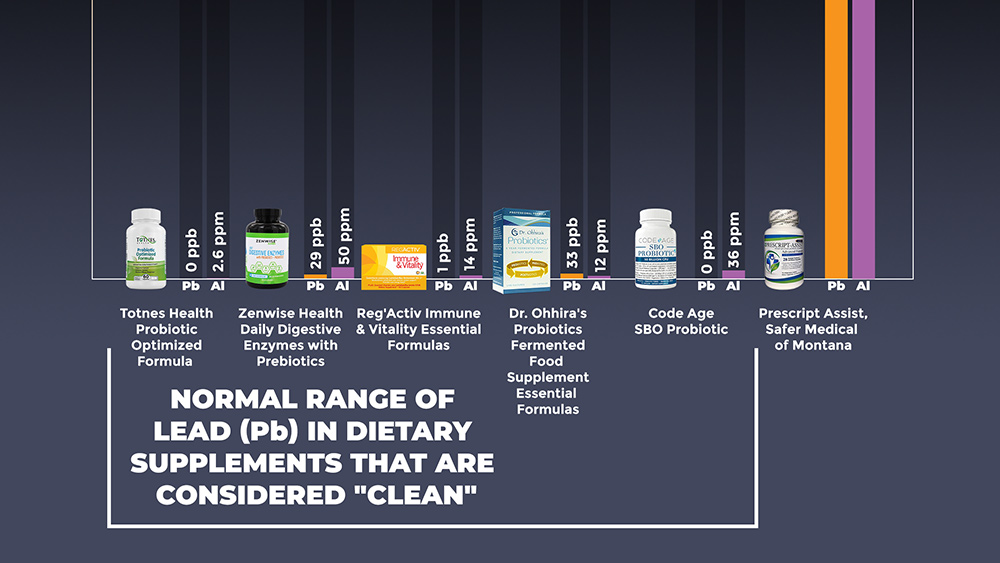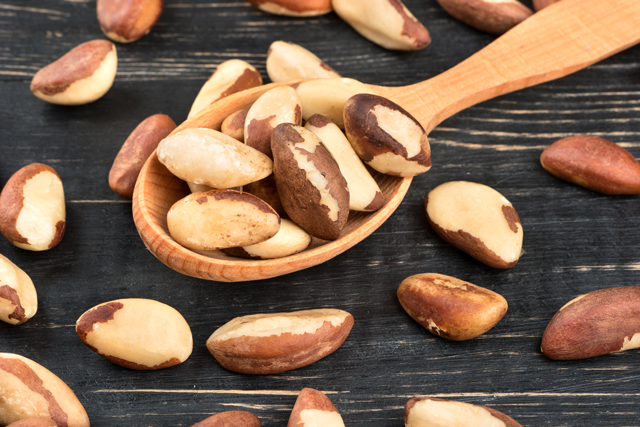Not so “grown-up” after all: Experts say your brain doesn’t reach full adulthood until age 30
07/27/2019 / By Isabelle Z.

If you’ve ever wondered why 20-somethings today seem so woefully misinformed about so many of life’s issues, there may be a good reason for their ignorance: a new study has shown that your brain doesn’t actually reach adulthood until you’re in your 30s.
Scientists point out that this also ties in with the fact that people in their 20s are highly susceptible to mental health disorders, and this generally resolves once you reach your 30s. For example, schizophrenia tends to be diagnosed in older teens, and the risk drops dramatically starting in your late 20s; this pattern is believed to be linked to brain development.
The researchers also note that, not surprisingly, some people reach mental maturity much faster than others. And perhaps also unsurprisingly to at least half of the population, researchers say that female brains tend to undergo the maturation process earlier than male brains.
In fact, neuroscientists can’t even say for sure when adolescence officially ends as there is no real benchmark test. In any case, however, it’s clear that the brain is still actively developing well past our 18th birthdays. They believe that other qualities should be used to determine maturity instead of age, such as accepting responsibility for oneself and being able to make independent decisions.
In the study, which was published in the journal Neuron, the researchers say that “emerging adults,” which are those aged 18 to 22, may be treated as adults by most societies but their neurobiological maturation is still incomplete, with tests showing that their brains function more closely to those of 13- to 17-year-olds.
100% organic essential oil sets now available for your home and personal care, including Rosemary, Oregano, Eucalyptus, Tea Tree, Clary Sage and more, all 100% organic and laboratory tested for safety. A multitude of uses, from stress reduction to topical first aid. See the complete listing here, and help support this news site.
Harvard University Associate Professor of Psychology Leah Somerville, the study’s author, pointed out some of the ramifications, saying: “The reason I think it’s important to discuss this issue is because policies impacting youth have begun to pay more and more attention to the concept of neurodevelopmental maturity, so neuroscientists have begun to get engaged in these complicated discussions, such as debates about when to charge a child with an adult crime or when to permit aging out of the foster care system.”
This prolonged state of development enables us to learn new concepts faster, but it also means that certain activities, like excessive drug or alcohol use at this age while your brain is still developing, could have a lasting impact.
Cambridge University Professor Peter Jones said that defining the age when a person moves from childhood to adulthood “looks increasingly absurd” because it’s actually a very nuanced transition. Although the health, legal and education systems like to define ages for adulthood for the sake of convenience, he believes that people are more on a pathway or trajectory rather than experiencing a sudden change at a particular age.
Should we really be letting immature brains decide our future?
In that case, it may be time to reconsider the fact that 18-year-olds are legally adults and are given the right to vote. It turns out there is a perfectly logical explanation for why young voters can be so incredibly stupid: their brains simply aren’t finished developing yet. You wouldn’t let a 12-year-old vote, and now it looks like letting an 18-year-old vote might not be much better.
Perhaps it’s time to raise the voting age to somewhere between 25 and 30, and maybe then we might have a better shot at turning things around in this country. Of course, that will never happen because the Left depends on immature and uninformed voters to stay in power, as it’s far easier to shape their minds and tell them what to think when they lack an adult’s mental capacity.
Admittedly, not everyone in their 30s and beyond makes good choices, but shouldn’t having a mature, adult brain be the first requirement for taking part in decisions that will impact all of our society?
Sources for this article include:
Tagged Under: adolescent brain, adolescents, adult brain, adulthood, Adults, brain development, brain function, brains, legal age, maturity, mental maturity, neurology, voting, voting age


















